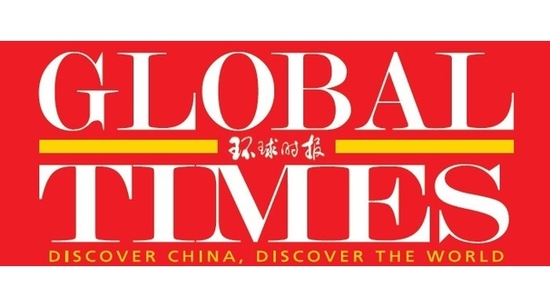Global Times | January 09, 2012 21:23
By Xu Ming
http://www.globaltimes.cn/NEWS/tabid/99/ID/691432/BRIC-nations-set-to-take-bigger-global-role.aspx
Last year was a big one for the BRIC group of developing nations, Brazil, Russia, India, and China. South Africa was added to the group. China became the world’s second biggest economy, Russia won WTO membership and Brazil replaced the UK as the sixth biggest economy. But there is much uncertainty about the BRIC economies. Is their growth sustainable? How can they play a bigger role in the international stage? Global Times reporter (GT) Xu Ming talked to Oliver Stuenkel (Stuenkel), assistant professor of international relations at the Getúlio Vargas Foundation in São Paulo, on these issues.
GT: Some economists are skeptical about the reality of Brazil overtaking the UK, seeing it as a product of the appreciating real. Is the growth sustainable?
Stuenkel: Brazil’s growth is far more sustainable than it was in the past, when the government struggled to keep inflation low and control public spending. At the same time, challenges loom. While growing trade with China has had positive effects on Brazil’s economy, there are now growing worries about the risks of deindustrialization in Brazil.
While the government called for protectionist measures, the true problem lies with Brazil’s low productivity, complex bureaucracy and limited ability to innovate. Despite these difficulties, Brazil’s economy can be expected to continue to grow faster than Europe’s economies, and Brazil may overtake France by the middle of the decade.
GT: How do you see the overall achievements of the BRIC economies since Jim O’Neill coined the concept in 2001?
Stuenkel: Their development has far exceeded O’Neill’s expectations. In one of his first reports, he predicted that Brazil’s economy would overtake that of the UK by 2036, yet this took place already last month. The year when China will overtake the US was regarded as far off in the future, yet now most analysts agree that it will take place before 2020. The BRIC’s decision to meet regularly and consult was derided at first by Western analysts, but now BRIC is no longer only an economic, but also a political concept.
GT: Some are doubtful about the BRIC economies’ future. Will the growth of the last decade be sustained?
Stuenkel: China’s spectacular growth over the past decades may slow down somewhat, but I still expect China to grow by 7.5 percent per year. If the Brazilian government is able to implement tax and labor reforms and maintain low inflation, it will continue to grow, though not as fast as China.
The situation in India seems worrisome as the political deadlock makes meaningful reform very difficult, and inflation is on the rise. While I believed, over the past years, that India’s growth would outpace China’s, the recent political events in India dampen the positive outlook somewhat.
Russia is the most difficult to predict and its economy is strongly dependent on commodities, namely oil and gas. Russia’s capacity to innovate is low.
GT: How can the BRIC nations work better together?
Stuenkel: China is now a major presence in all the other BRIC nations. The challenge is to boost trade between the other members. Trade between India and Brazil, for example, is very low, as these countries do not know each other very well.
There is no question that the BRIC alliance is highly diverse, and that the concept may very well fail to make its mark, yet the internal differences should not overshadow the unique opportunity emerging powers have to use the BRIC summits as a vehicle to turn into international agenda setters.
If the BRIC were able to take a constructive position on any of the great challenges the world is facing today such as nuclear proliferation, trade, the Middle East or climate change, they would immediately turn into the powerful voice in international affairs, seriously challenging the monopoly the West still holds in the global discourse.
GT: How else will the BRIC affect the world?
Stuenkel: With a shift of economic power, the distribution of political power also changes. The emerging countries will cease to represent the periphery of the global economy and the political debate, so we’ll have to look at the world in an entirely different way. Global governance structures are beginning to adapt to this momentous shift.
Consumer patterns in China, India and Brazil will increasingly affect how companies design and market their products. Immigration patterns will change, and a growing number of workers from Europe and the US will be drawn to emerging markets as they offer greater opportunities.
———–
Read also:
Despite economic slowdown, BRICS grouping is here to stay
Book review: “Brazil, the BRICS and the International Agenda”









